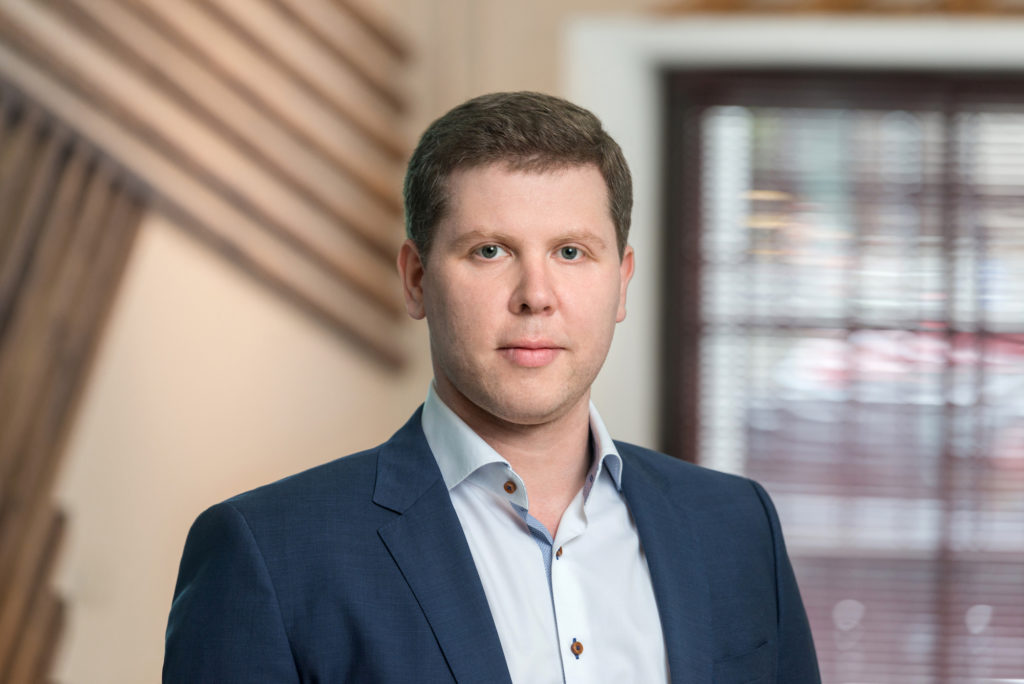Ahead of our meetup with Litecoin in Hong Kong on March 14, we thought we would share our answers to the 5 most pressing questions about digital assets and alternative ways of payment from the members of our community. We sat down with Anton Abashkin, VNX Exchange COO, to help us understand what’s important.

Q: What are digital assets and alternative financial payments?
A: Digital assets are a new generation of financial instruments that are issued, circulated or traded with the help of distributed ledger technology; they include but are not limited to cryptocurrencies and crypto tokens. After the initial wave of crypto and Bitcoin craze, the market has quieted down and the select few have stood the test of time. Litecoin is one of the few peer-to-peer digital currencies that is reimagining the world of alternative payments today because it is creating a loyal community and ecosystem around its product offering. Digital assets are a broad enough class that includes utility and security tokens that can be traded on various platforms. The future of these instruments is tied to the health of the overall fintech and blockchain ecosystem.
Q: How can digital assets democratize financial markets?
A: Financial markets have often been akin to real estate and art markets where for the most part very few people who could afford to spend thousands, if not millions, of dollars could actually make an investment. You wouldn’t be able to purchase one millionth of a Picasso painting or a penthouse in midtown Manhattan, or to buy a hundredth of an Apple share. Investing into private companies such as Uber, WeWork, Pinterest or SpaceX, was completely unthinkable if you couldn’t afford to write a big check. But things are changing now with the advent of blockchain and the new era of digital assets. You can very realistically become a part of something bigger than you are. At VNX Exchange, for example, we offer a broad pool of investors an opportunity to invest into tokenized venture capital portfolios. So if you’re a smart MIT student like Litecoin’s founder Charlie Lee, and have your nose on the money, so to speak, you can potentially invest into the next Reddit or Uber with us.
Q: How do we make trading digital assets safe for the community and attract a broader range of retail participation?
A: Safety first. It applies everywhere and that includes the world of financial instruments. The only way to guarantee safety of your investments is through ensuring proper regulation of your digital assets. Europe, Asia and the United States have different approaches towards regulating digital assets. Some regions, like Luxembourg, are more forward-thinking than others. Using innovative technologies and being compliant from the regulatory standpoint are definitely key for a safe product offering that won’t go bust 10 days after launch.
The next step is ensuring the safety of your investments on blockchain. Public/private key cryptography is heavily used to work with digital assets. The private key is used to sign off on a transaction while a public key allows people on the receiving end to verify your identity. This new technology brings security of transactions to a whole new level.
Q: Why is blockchain technology important for the future of digital assets?
A: I can’t speak for the whole industry or forecast the future. Distributed ledger technology holds tremendous potential when used as a tool, an instrument for creating new classes of digital assets. Due to its nature, it offers transparency, speed and ease of use. Using blockchain for the sake of using blockchain is not going to get you far but if the market problem you are solving benefits from the use of a decentralized network of computers, it could be a key to your success.
Q: What digital assets are available on the market and what problems do they solve?
A: There are many new digital assets out there but few choose to solve a real market problem. For us the need to solve one is what laid the foundation for our startup. Our founder and CEO Alexander Tkachenko was running a VC fund, when he came across the issue of capital lockup firsthand. VCs often part ways with the money they have put into startups for 10 to 12 years before a startup successfully exits the portfolio. By unlocking liquidity that is trapped in between funding round announcements and exits, we can give VC funds’ investors the financial means to make further investments, to spur innovation and growth. And that is a very powerful market proposition.
Stay informed.
Subscribe to our newsletter